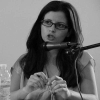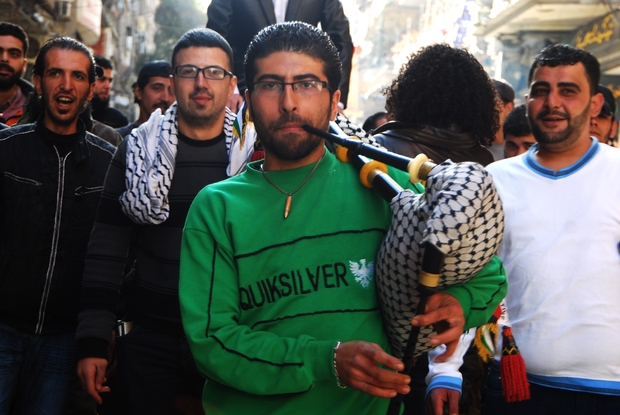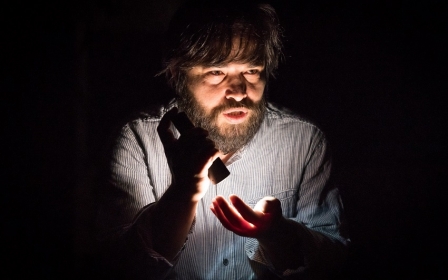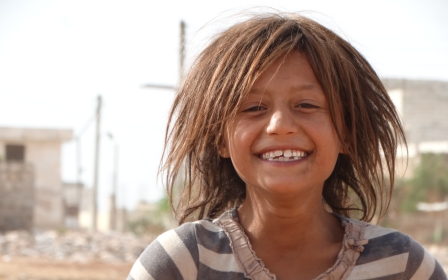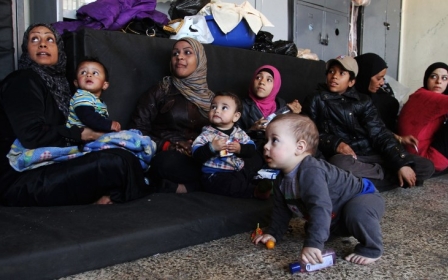The death of Niraz Saied in Syria: Could we have done more?
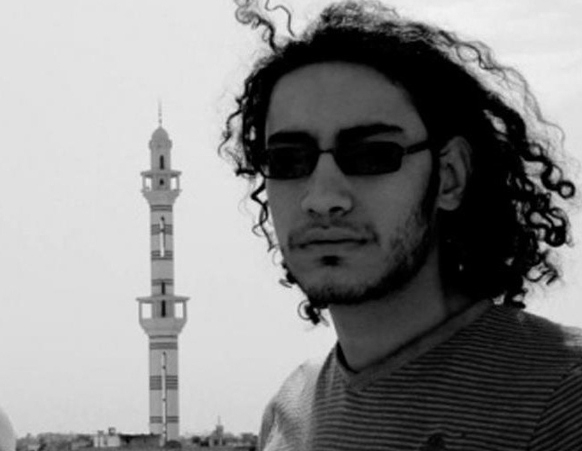
The massive outpouring of grief over victims of oppressive regimes has become a common occurence in the Middle East digital sphere. The most recent case was related to the devastating news on the death of Palestinian-Syrian photographer, Niraz Saied, under torture in a Syrian regime prison. This online mourning, from people across the globe, compels us to rethink our commitment to each other.
His partner, Lamis al-Khateeb, wrote in a Facebook post on 16 July: "His death will not be in vain," adding that Saied died while in the custody of Bashar al-Assad's security forces after nearly three years in detention. She did not specify the exact date of his death.
A dark regime
Saied, a talented and award-winning photographer who documented the daily life of the besieged Yarmouk Camp and was dubbed "the eye of Yarmouk", was arrested in 2015 after the Assad regime revoked a guarantee it had made to let Saied and other activists out of Yarmouk without detaining them.
His photo "The Three Kings" won the first prize in a photography competition of the UN refugee agency for Palestinians, UNRWA. However, when he really needed someone, no one was there for him, not UNRWA, nor the Palestinian PLO and Palestinian Authority leaders, who are supposedly his representatives. It was only the desperate social media campaigning and online voices that remembered Saied and even those faded away with the years.
Saied’s loss is not just about him, it is about how oppressive regimes keep getting away with their crimes. It is about us, outside of prison, who feel frustration, helplessness and hopelessness. It is about the harshest way we learn how unfaithful we are to remember and write about someone only after they are no longer with us.
Also, it is about how you mourn someone you never met in person, but you feel is part of your fragmented community.
Many, including myself, did not meet Saied in person, only virtually through campaigning for Yarmouk. He was a prominent voice that we relied on to get information about the camp and a guide to how its residents expected those of us on the outside to act.
When the news about his martyrdom spread, based on Alkhateeb’s announcement, Saied was resurrected on social media sites again.
While these sites have become the only spaces where people, friends and comrades can come together to commemorate a fellow comrade, the tragedy raises many questions about our short memory, our ad-hoc campaigning that lasts for a short time until we are back to business as usual.
Counter-revolution victory?
Time after time, we fail our comrades and our commitments to their/our struggle. We became so trapped in the new cycle of online campaigning that we lose our path. Saied’s martyrdom, similar to Bassel Khartabil, another Palestinian-Syrian internet freedom activist who also died under torture in Assad's slaughter centres alongside many others, tells us a lot about what we have become.
If there is one thing the tyrants can't take away from us after the counter revolutions' victory and the despair that prevails, it is the fact that people came together. Like-minded people passionate about their fight for dignity and freedom found each other across borders and countries. It is indeed thanks to social media networks and online communication that we could do this. However, this was a double-edged sword.
Additionally while people could powerfully come together, work together and stand by each other, it is exactly the "stand by each other" that we need to put into question.
A sense of powerlessness
It is important to re-think what does this togetherness actually mean? Are we really together? What does this mean if we are not able to make any difference for a member of our community, if Niraz and others keep dying under torture.
We can't deny our sense of powerlessness and that - in most cases - we might have zero chance to make any difference. Seven years of transformation from skyrocketing dreams of a better world into running away from news so we don’t discover another loss of a beloved one makes the case for our despair.
Saied is not the first - and sadly - will not be the last to be killed under torture in Assad's slaughter centres. Niraz was one of more than 1,000 Palestinian refugees languishing in Syrian prisons. Since the beginning of the uprisings in 2011, human rights groups estimates that tens of thousands of Syrians have disappeared in regime prisons and tens of thousands have been killed under torture.
Yet, this should be a motive, not a hindrance, to make us rethink our commitment to each other, our togetherness. Have we done enough to save Saied, first from arrest and later to get him released?
Are we doing enough for the ones who are still in prison, tortured, humiliated and killed a thousand times each day? How can we commit to their cause of freedom, how can we reclaim the digitalised-competitive sphere of activism and above all how can we beat the despair?
- Abir Kopty is a Palestinian writer and PhD student.
The views expressed in this article belong to the author and do not necessarily reflect the editorial policy of Middle East Eye.
Photo: Palestinian-Syrian photographer Niraz Saied (Facebook)
New MEE newsletter: Jerusalem Dispatch
Sign up to get the latest insights and analysis on Israel-Palestine, alongside Turkey Unpacked and other MEE newsletters
Middle East Eye delivers independent and unrivalled coverage and analysis of the Middle East, North Africa and beyond. To learn more about republishing this content and the associated fees, please fill out this form. More about MEE can be found here.


